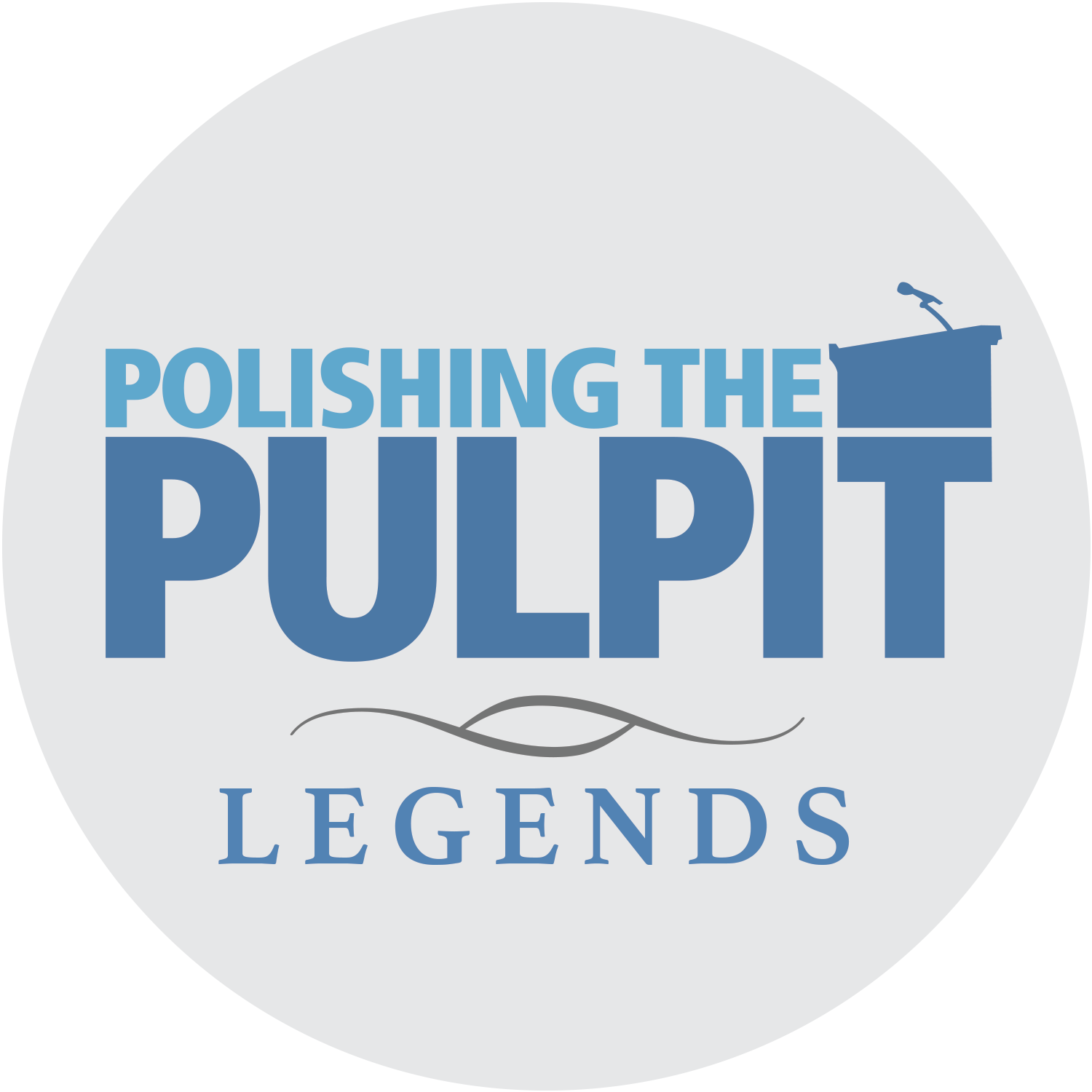I’ve been working my way through a list of recommendations I recently received from one of my professors. I’ve already shared his recommendations of books on hermeneutics, the commentary series he suggests for preachers, his commentary recommendations on individual New Testament books, his recommended works on biblical theology, and his recommended works on New Testament theology.
Here are his recommendations for two more areas of biblical study:
Studies of the Background of the New Testament:
Everett Ferguson, Backgrounds of Early Christianity (Eerdmans)
Ferguson is a highly respected scholar from Churches of Christ—if you ever read a scholarly book that touches on early church history, you’ll almost certainly see this book cited.
Simon Hornblower and Antony Spawforth, The Oxford Classical Dictionary, 4th Ed. (Oxford) [You might need to take out a loan for this one!]
James S. Jeffers, The Greco-Roman World of the New Testament Era: Exploring the Background of Early Christianity (InterVarsity Press)
James Vanderkam, An Introduction to Early Judaism (Eerdmans)
Linguistic Tools:
Walter Bauer and Frederick Danker, A Greek English Lexicon of the New Testament and Other Early Christian Literature (3rd Ed., University of Chicago) [Another pricy one, but almost a requirement for any serious New Testament study that addresses the underlying Greek text.]
Horst Balz and Gerhard Schneider, Eds., Exegetical Dictionary of the New Testament, 3 Vols. (Eerdmans)
Daniel B. Wallace, Greek Grammar Beyond the Basics (Zondervan)
Barbara Aland and Barclay Newman, The Greek New Testament: A Reader’s Edition (United Bible Society) [I’m not sure this is the correct link, so you may want to double-check.]
Other good preacher links I’ve run across recently:
Discipleship in Jesus’ Style by Ken Smith (gentlereformation.com)
This is a helpful article about visitation, particularly how to encourage other church leaders to visit. Smith’s background is with the Presbyterian Church, so the ecclesiastical structure is considerably different, but I found his practical thoughts to be applicable to my context.
How to Read a Book a Week by Peter Bregman (hbr.org)
Excerpt:
“It’s such a unique opportunity to be here,” I said to her, “to be part of these conversations with smart, thoughtful people.”
“Oh, don’t be silly,” she responded. “Anybody can be part of these conversations. Just read some books!”
Ironically, as a history major, I was reading three to four books a week. And Gloria was right: through these books, I had a seat at the table. I was part of a cutting-edge conversation that was going on between great minds.
A 5 Step Method for Delivering a Talk Without Using Notes by Carey Nieuwhof (careynieuwhof.com)
I have no idea how to pronounce his name, but he has some really good stuff on preaching. His suggestion #3 is extremely important, I think, and the one I struggle the most with.
What are your favorite resources for sermon prep or other ministry-related tasks?
Please email me—I’d love to share with our readers what’s helping you in your ministry.



Leave A Comment
You must be logged in to post a comment.